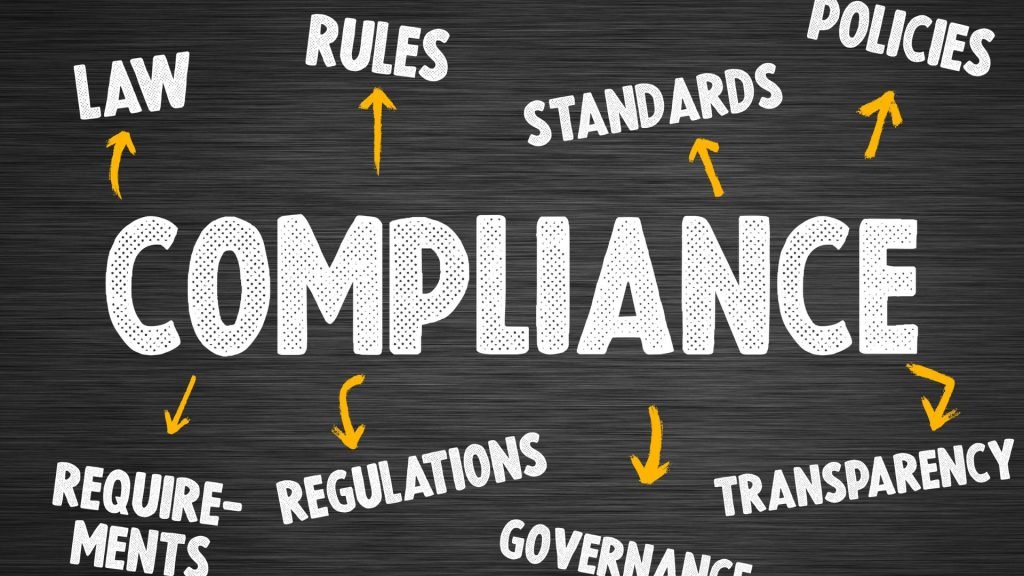Regulatory Compliance
Regulatory Compliance
Regulatory compliance refers to the adherence to laws, regulations, guidelines, and specifications relevant to business operations. For organizations, regulatory compliance means ensuring that their practices conform to these laws and regulations to avoid legal penalties, financial forfeiture, and damage to reputation. Compliance is crucial across various sectors, including finance, healthcare, manufacturing, and more, each with its own specific regulatory requirements.
Key Components of Regulatory Compliance
- Laws and Guidelines: Organizations must be aware of all relevant local, national, and international laws and guidelines that affect their operations.
- Industry Standards: Compliance also involves adhering to industry-specific standards and best practices, which may not be legally binding but are crucial for maintaining market reputation and operational efficiency.
- Internal Policies: Establishing clear internal policies that align with external regulations. These policies guide the organization’s daily operations and ensure that all activities comply with legal standards.
- Employee Training: Regular training programs for employees to ensure they understand the compliance requirements relevant to their roles.
- Ongoing Education: Continuous education on regulatory updates and changes, ensuring that the workforce is always informed about the latest compliance requirements.
- Regular Audits: Conducting regular internal and external audits to assess compliance with regulations. Audits help identify areas of non-compliance and provide insights for corrective actions.
- Monitoring Systems: Implementing systems and software to monitor ongoing compliance and flag any deviations in real time.
- Risk Assessment: Identifying potential compliance risks and implementing strategies to mitigate these risks.
- Contingency Planning: Developing contingency plans to address compliance breaches, including steps for remediation and communication with regulatory bodies.
- Documentation: Keeping detailed records of compliance-related activities, including training sessions, audit results, and risk assessments.
- Regulatory Reporting: Fulfilling mandatory reporting requirements to regulatory agencies, ensuring that all necessary information is accurately and timely submitted.
Importance of Regulatory Compliance
- Legal Protection
- Avoiding Penalties: Compliance helps organizations avoid legal penalties, fines, and sanctions that can arise from non-compliance.
- Mitigating Legal Risks: By adhering to regulations, organizations reduce the risk of legal disputes and litigation.
2. Reputation Management
- Avoiding Penalties: Compliance helps organizations avoid legal penalties, fines, and sanctions that can arise from non-compliance.
- Mitigating Legal Risks: By adhering to regulations, organizations reduce the risk of legal disputes and litigation.
Fields of Expertise
- Reserve Bank of India
- Enforcement Directorate
- SEBI
- Registrar of Companies and Regional Director of MCA
- Direct and Indirect Compliances with others Authorities

Jurist First is a leading and growing Legal and Corporate Advisory Firm, having a full-service law firm in India with a focus on solutions through a unique holistic approach that blends its expertise and decades of experience in core practice areas – litigation & dispute resolution, corporate, taxation, competition,regulatory, and intellectual property rights.
Our Expertise
Contact Detail
- Office 207, Hans Bhawan Wing 1, B.S.Z Marg, ITO, New Delhi – 110002
- jurisfirstinfo@gmail.com
- 011-45536927
© 2024 Created with Techlogic Softwares

